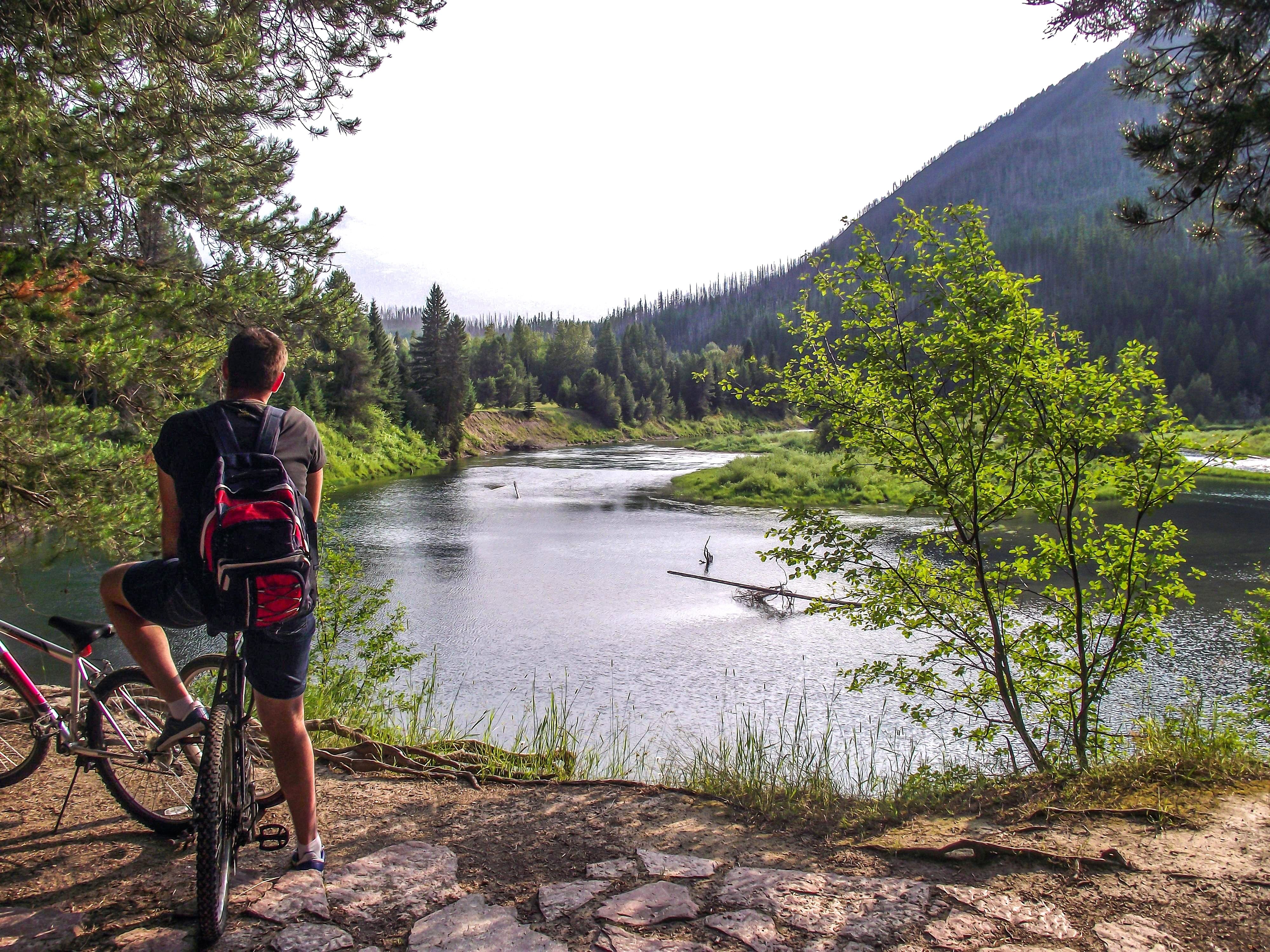How to overcome Nature Deficit Disorder?
Throughout evolutionary history, hominins have lived, like all other species, in intimate connection with nature. Our species has an intrinsic bond with the natural world.
Only within the last 100 years – a tiny drop in the ocean of time since Homo Sapiens first evolved some 300,000 years ago – have we become addicted to our screens and dangerously disconnected from the wild outdoors.
The modern era has brought with it a faster pace of life and such a dependency on technology that many people have become detached from natural surroundings.
This change has given rise to a phenomenon known as nature deficit disorder, but how do we recognise the disorder, and what can we do to overcome it and reconnect with our natural roots?
What is Nature Deficit Disorder?
Our bodies benefit hugely from spending time in nature. If we stay indoors, attached to our screens or surrounded only by built-up landscapes for too long, our mental and physical health suffers. We experience nature deficit disorder - a term coined by author Richard Louv.
It might not be a recognised medical condition, but scientists have identified negative health effects associated with a disconnect from nature - for both adults and children.
The importance of reconnecting with nature has been emphasised in a wealth of scientific studies and the phenomenon has sparked important discussions around health and nature.

How does Nature Deficit Disorder impact health?
Limited exposure to nature has negative associations for mental and physical well-being in both adults and children. A meta-analysis of studies looking into nature exposure and health, published in 2021, highlights a wealth of research that outlines considerable benefits of spending time outdoors.
Exposure to nature or outdoor environments has been shown to reduce the negative effects of stress, including heart rate, blood pressure, cortisol levels and perceived stress in adults. It has also been associated with positive emotions (and a reduction of negative emotions). Reductions in anxiety and rumination have been reported with exposure to nature and spending more time outdoors can even help in the treatment of depression.
In comparison to urban environments, exposure to natural environments has significant positive impacts on cognitive function in both children and adults. In one remarkable study, the practice of forest bathing in Japan was shown to boost immune function: a three-day trip into the forest triggered improvements in physiological measures of immune function for 30 days after the trip!
A considerable body of research also documents the positive effects of green space on physical activity levels. People (both adults and children) who live close to green spaces have higher levels of physical activity, since they have easier access to pleasant spaces in which to exercise. Being more physically active is not only great for reducing obesity, cardiovascular disease and other physical health conditions, but it also improves mental health and well-being.
Nature Deficit Disorder and the environment
Beyond the effects on our health, nature deficit disorder might be seriously impacting our population in other ways. Our planet is in crisis and it is vital that humans care enough about the planet’s health to make personal behaviour changes if we are to prevent the worst from happening.
But it is hard to care about things we don’t feel connected to. With more and more people losing their connection with, and appreciation for, the natural world, there are fewer champions for sustainable change and movements to protect biodiversity and the environment.
Strategies for dealing with Nature Deficit Disorder
Spending time in nature is important for our health and boosting the amount of time we spend outside can be hugely beneficial for our physical and mental well-being. The best possible treatment for nature deficit disorder is, of course, to spend more time outside among nature. There are various strategies you can employ to help make relevant changes to your lifestyle and reap the benefits that nature can bring.
#1 Cultivate time outdoors
Make a conscious effort to spend more time in nature. This commitment will mean different things to different people. For some, spending some time in the garden every weekend will be a great way to start. Others might like to partake in water-based activities or more adventurous outdoor exercise, like mountain biking or climbing.
If you already enjoy exercise, why not consider if there is a way to take your exercise plan further into nature. Jog along a forest path instead of on a treadmill and take your children or dogs on a hike around a natural landmark rather than to the local park. The options are endless, and are sure to bring joy to your life, as well as benefits for your health.

#2 Disconnect from your devices
Many of us spend the vast majority of our time looking at a screen. Whether that’s a smartphone, laptop, television, tablet, or smart watch – these devices are all addictive, and it is difficult to break the habit of scrolling and browsing online content.
Because it is an addiction, time often flies when we are using our devices – valuable time that could be spent appreciating the great outdoors. To reduce your screen time, consider allocating certain times of the day to device-free periods and use the time to get outside and connect with nature.
#3 Develop small habits
The key to making lasting changes is through developing small habits. To truly benefit from being outdoors, we need to implement changes that we will stick to in the long term. For that to happen, it is important to be realistic and start small, building more habits only once we have established the first.
Try habit stacking, whereby you slot a new habit into an established part of your routine. For example, you could commit to going for a 10-minute walk after you finish your lunch every day.
#4 Bring the outside in
Introducing more plants and greenery – even images of outdoor landscapes – into your indoor environment can improve some measures of health.
While the effects aren’t as prominent as getting outside, it might still be worth greening up your home and work spaces to get the maximum benefits possible from exposure to nature.
The healing power of nature
Nature deficit disorder might not be an official health condition, but there is an extremely convincing body of scientific evidence surrounding the benefits exposure to nature can bring to our mental and physical health. By association, those who don’t spend much time outdoors are missing out on nature-derived health benefits.
From reducing stress levels to strengthening the immune system, nature does wonderful things for our health, and re-connecting with the outdoors is a great way of boosting your well-being. Make the most of your natural surroundings by making small changes to your day-to-day life that take you away from your screens and into green space.
Sign up for the newsletter
By clicking on “Subscribe now” I will subscribe to the Conscious Explorer newsletter with all the information about mindful travel. Information on the success measurement included in the consent, the use of the shipping service provider MailChimp, logging of the registration and your rights of revocation can be found in our privacy policy.












